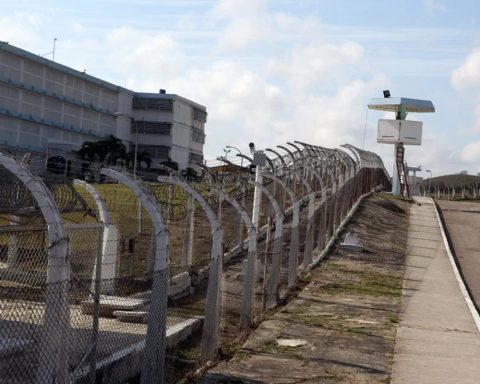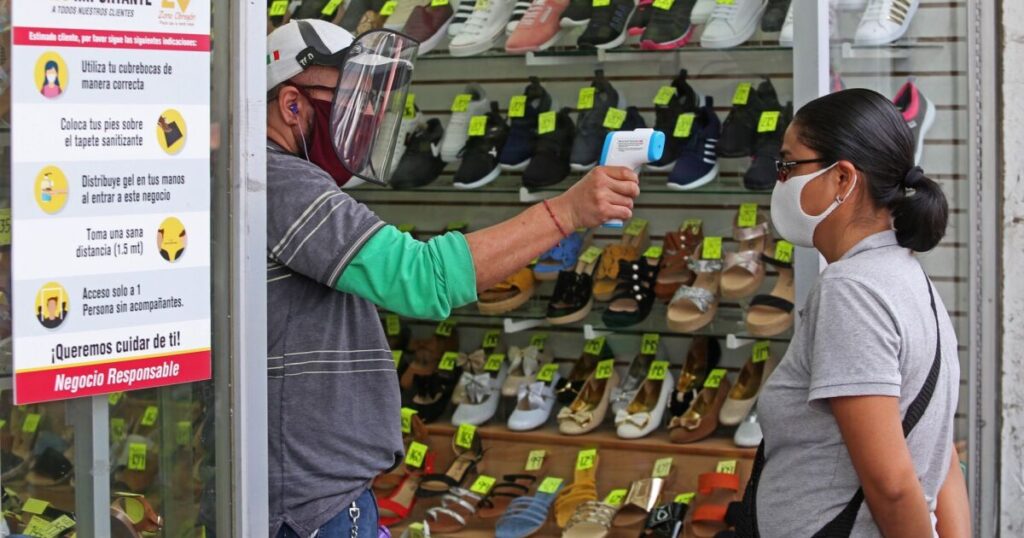After a final round of negotiation of more than 16 hours, the European Union (EU) This Saturday an agreement was closed on its new Digital Services Law, which will force online platforms to moderate their content and remove illegal ones or make their algorithms more transparent, with the risk of millions in fines if they fail to comply with the norm.
The European agreement on this immense piece of legislation, which complements the one already approved on digital markets, comes almost a year and a half after Brussels presented its first proposal in December 2020 and brings new obligations for internet service platforms used by hundreds of millions of people in the EU.
There are thousands of companies that from now on must have a European representative if they operate in Community territory and will remain under the umbrella of this new legislative package, which seeks to be a new global standard against the proliferation of illegal content, disinformation and opacity of the algorithms that regulate the content of social networks.
The true technological giants, some thirty companies used by more than 45 million monthly users in the European Union, will be under direct supervision of the European Commission and will have to pay an annual fee of 0.05% of their global income to finance this surveillance. , for which Brussels will hire new experts in the sector.
These technological giants will have to annually analyze their systemic risks and act to reduce them, especially illegal content with adverse effects on fundamental rights, democratic processes, public security, gender-based violence and minors, and with serious consequences for health. physical or mental of users.
The main tools to discourage digital giants from complying will be fines, up to 6% of the global turnover of the offending company.
The new rule also provides, in the case of repeated serious violations of the requirements, a ban on operating on European territory.
Content moderation
Digital companies will be obliged to moderate the content that is published on them with “appropriate resources” and to eliminate illegal content, something that until now depended on a non-binding code of good practice and to which companies joined voluntarily.
Under the agreement, users will have a clearer procedure for reporting illegal content online and platforms will have to act quickly to remove it, as well as inform the whistleblower of the actions they have taken.
New guarantees are also included so that these notices are processed in a non-arbitrary and non-discriminatory manner, as well as so that consumers can buy products or services online under stricter controls on the identity of merchants.
Online advertising and algorithms
The law will prohibit the collection of data about race, religion, sexual orientation, or other sensitive matters to target advertising, as well as ads targeting minors or so-called “dark patterns,” interface design tactics aimed at misleading the user and agree to have your information tracked.
The user will have the right to be offered at least one option not based on the tracking of his profile to choose how the content is recommended, which must be shown as clearly as those that do use user data.
The largest platforms, such as Facebook or Twitter, will have to give the Commission and the authorities of the Member States access to their algorithms and, in general, digital services will have to be more transparent about how the information that reaches each user is determined , revealing for example if they use filters or automate the moderation of their content.
Emergency mechanism in case of crisis
The negotiation between the European institutions, whose final stages have coincided with the Russian invasion of Ukraine, introduced a new concept that did not appear in the initial proposal: a mechanism in the event of a crisis that Brussels can activate on the recommendation of experts from the Member States .
This will make it possible to analyze the impact of the activities of the large platforms in the crisis in question and require them to take action to limit any urgent threat for three months.
Brussels has been warning since before the start of the war in Ukraine, as it did during the coronavirus crisis, of the risk of the spread of online disinformation and the manipulation of reality, a phenomenon that it wants to tackle with the new Law on Services Digital.
Next steps
Once the agreement between the negotiators of the Council (the countries) and Parliament is closed, both institutions will have to review and give the green light again to the final agreement, which will enter into force either fifteen months after its publication in the Official Gazette of the EU or on January 1, 2024.
















